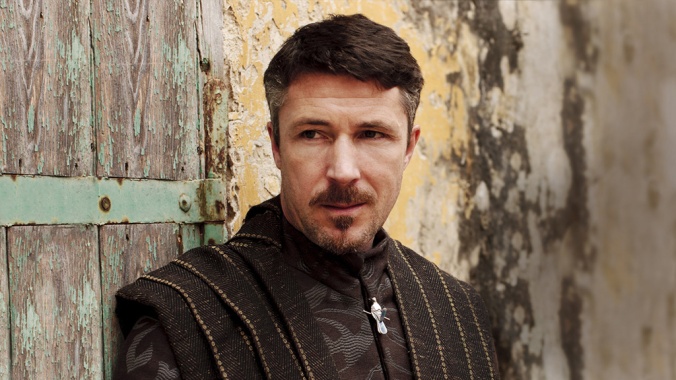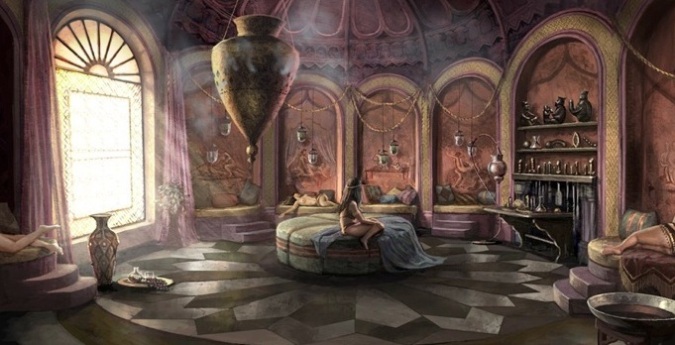The Song of Ice and Fire franchise (both books and TV show) has a definite appeal. It creates a rich fantastic pseudo-medieval world. While Martin has claimed it strives for “gritty realism” and rampant misogyny, violence, and sexual assault have been justified by “realism,” it is an inescapable truth that the franchise is not realistic. Both the books and the TV show opens with spirits of winter murdering wildlings, and then members of the night’s watch (as then reanimating the corpses). Dragons were used to conquer and unite Westeros. Summer and winter are much longer and more variable in length than the seasons of Earth, and can go on for years and years. People return from the dead, and yet, misogyny, sexual assault, and gratuitous violence are included for the sake of “realism.” While I disagree that the “grit” of Game of Thrones needs to be so sensationalized to be “realistic,” and have some doubts as to the “realism” in the first place, I believe there is a reason for Game of Throne’s grit.
Martin said that he wants fantasy with more “grit,” as he admits that it is fantasy, an argument for “realism” would hardly apply. However, the work is cynical and explores human depravity, especially as it ascertains to power. People who seek power much sacrifice morality, if they are to be successful, and even then, power is unfulfilling, and perilous to maintain. To me, the fantastic backdrop to a tale of political intrigue, posits that even if you can change everything else, you can’t change human nature, and human nature is far from unambiguously good. In the books at least (having only seen the one episode of the show, I can’t speak for it), most characters have clear motivations that drive them, sometimes to do terrible things. The book narrates from all sides of the conflict, and makes it clear that there isn’t an unambiguously good side, and even good sides that could easily be natural allies fail to make peace or find common ground. People stick to principles even when in the wrong, or abandon them when in the right. I believe it’s a commentary on humanity and is very much applicable to the present. In our modern world-view, violence is thought to be a more accepted method of resolving political disputes in the Middle Ages than today, allowing the dark and violent aspect of humanity George Martin wants to portray to be more easily accessible.



You must be logged in to post a comment.